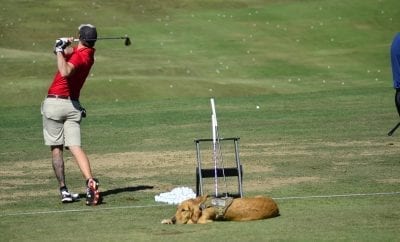
News
US Army Issues Warning Against Fake Text Messages about Military Draft
The US Army has issued warnings about reports of fraudulent text messages being being to Americans notifying them that they have been selected to be drafted into military service. The texts instruct recipients to report to the nearest Army recruiting branch to prepare for “immediate departure to Iran,” with some texts including a warning of a fine and jail time if they do not comply.
The messages appear at a time where military tensions between the US and Iran are heightened, following an authorized strike against Iranian General Qasem Soleimani. Screenshots of the fake text messages seemed to contain spelling errors, though some used using real names of Army recruiting commanders, lending a degree of authenticity.
On Wednesday, U.S. Army Command and General Staff College (CGSC) set the record straight on Twitter. “Fact check: The U.S. Army is NOT contacting anyone regarding the draft. If you are receiving texts, phone calls or direct messages about a military draft, they are not official communications from the U.S. Army,” U.S. Army CGSC tweeted, sharing two screenshots of the fake texts.
Army officials are currently investigating the matter, but have yet to determine the source of the text messages. Despite seemingly being widespread, no reports have surfaced of any recipients actually showing to recruiting stations.
The military draft was last in service during the Vietnam war, upon which it was subsequently suspended in 1970 and later abolished in 1973 by Congress. As tensions continue to rise with Iran throughout the week, many Americans took to social media to describe their concern over the potential of a military draft being re-implemented.
To resume the draft, Congress would have to pass new legislation, which would then be managed by the Selective Service System, the independent agency in place to handle such affairs. Last week, the Selective Service website crashed as Americans flooded the website with searches. The agency attributed the crash to “the spread of misinformation” about the potential for a draft.





3 Comments